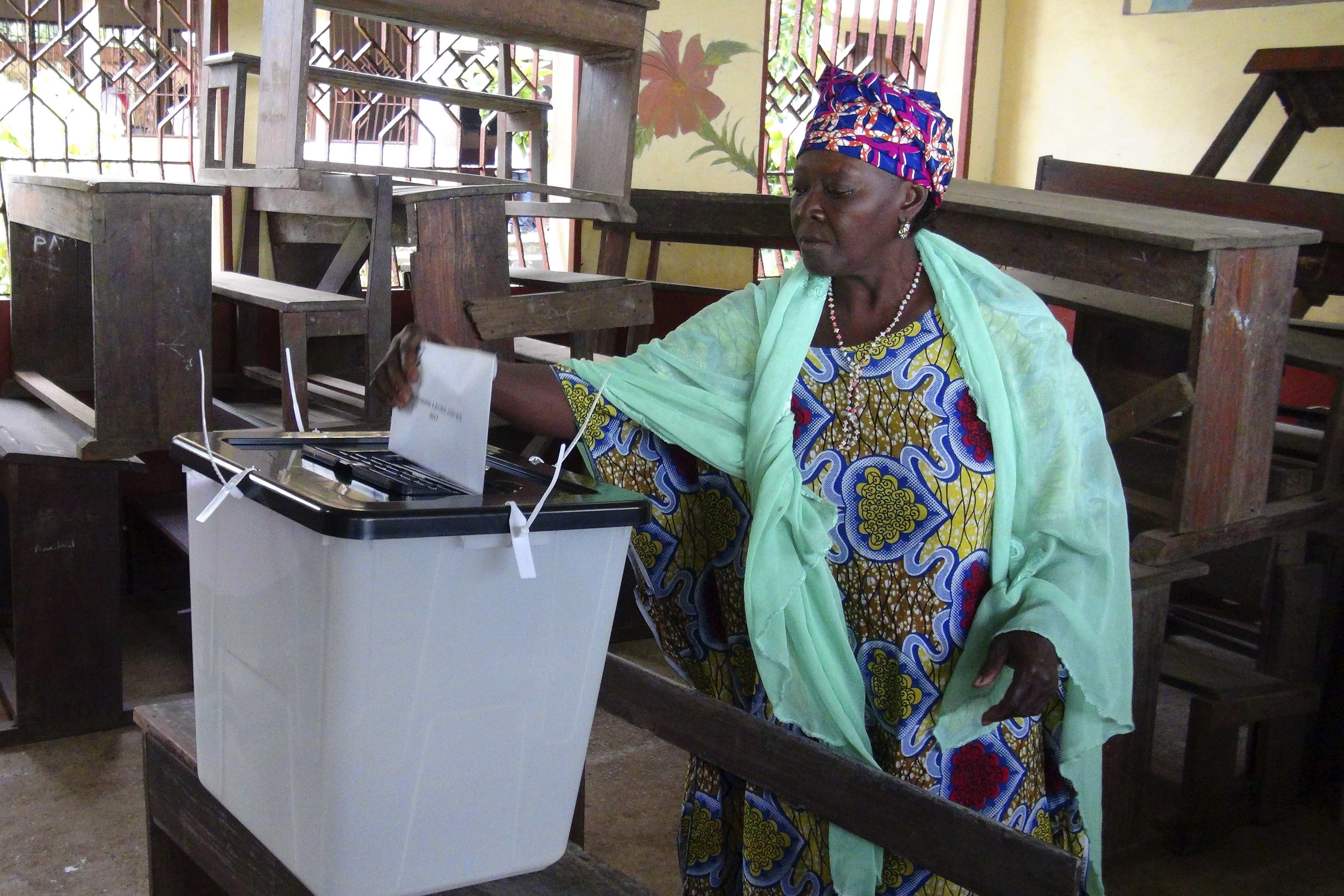Subscripe to be the first to know about our updates!

Why Aren’t We Paying Attention to Africa’s Most Important Election?
By; Judd Devermont
What happens in Nigeria matters to the United States and the international community. It is impossible to advance U.S. strategic objectives in sub-Saharan Africa without a peaceful, prosperous, and democratic Nigeria. Nigeria is on track to reach a population of 411 million by 2050, surpassing the United States by 20 million people. It is the continent’s largest economy, attracting interest from foreign investors and fund managers seeking a respite from recent emerging market turmoil. It is also a steadfast U.S. ally, aligning itself on contentious U.N. Security Council votes and receiving invitations to the White House since Clinton administration—a distinction accorded to no other sub-Saharan African country.
However, if Nigeria fails to reform and address its considerable challenges, it will pose a threat to regional and global security. It has the potential to drag down the rest of West Africa, overwhelming smaller neighbors with refugees and repatriated migrants. In the 1980s, for instance, Nigeria triggered a regional crisis when it evicted some 200,000 Ghanaians following the oil sector’s collapse. If Nigeria’s current woes worsen, it will spread extremism, disrupt oil production, undercut the region’s economy, and further sideline Nigeria as a continental leader.
Why, then, are the upcoming February 2019 elections receiving short shrift from international stakeholders?
Nigeria’s democracy and its overall trajectory is far from secure. Indeed, recent gubernatorial elections underscore Nigeria’s fragility as a democracy. The U.S. Institute of Peace has identified several states susceptible to election violence, including in the oil-rich Niger Delta. Nigeria’s political parties are exhibiting alarming, antidemocratic behavior. For instance, during the Ekiti gubernatorial election in July, party operatives engaged in blatant vote-buying, which the U.K. high commissioner condemned as “just as bad as ballot stuffing.” During the Osun gubernatorial election in September, the ruling party deployed 40,000 police to the polls, a maneuver widely viewed as disproportionate and designed to harass opposition voters.
Of course, the election is about more than democratic trends. No matter who wins in February, the next president will have a daunting to-do list. Nigeria is struggling to defeat Boko Haram and ISIS-West Africa, which continue to control swaths of territory. The intensifying conflict between farmers and herders has become deadlier than extremist violence, killing more Nigerians than Boko Haram since January 2018. Nigeria suffers from one of the most severe humanitarian crises in the world, with 7.7 million people in need of assistance and some 1.7 million internally displaced persons (IDPs). In addition, Nigeria’s economy remains shaky. The World Bank recently noted that growth has been sluggish, slowed by oil production disruptions and agriculture sector contractions. The next president will have to address these challenges, as well as work to unlock Nigeria’s potential as an economic powerhouse and promote its booming tech sector and prolific film industry known as “Nollywood.”
President Muhammadu Buhari and his opponent Atiku Abubakar offer very different visions for Nigeria. Buhari, a former military head of state, is vocal about his anti-corruption campaign, but slow to execute decisions and clings to a statist approach to monetary policy, which has spooked foreign investors. Abubakar, a former vice president, is saddled by corruption allegations, but savvy when it comes to business and political networking. Nigerians have a tough and consequential decision ahead of them. Their vote has the potential to strengthen Nigeria’s democracy and shape their country’s future.
U.S. and international stakeholders need to step up their game. At the minimum, there is a proven playbook to draw on. During the last election in 2015, for instance, U.S. government and other stakeholders feared a repeat of the violence and ballot-rigging that tainted elections in 2003, 2007, and 2011. Secretary Kerry traveled to Nigeria, and President Obama issued a video message calling for free, fair, and peaceful elections. U.S. officials went as far as threatening visa bans. These efforts contributed to the first democratic transition between one party to another in Nigerian history.
The international community should replicate these measures, as well as employ new tactics and broaden its engagements. U.S. and foreign diplomats should enlist Nigeria’s film industry, its dynamic music scene, and international soccer stars to lend their voices to this cause. There is a role for Silicon Valley too; Facebook recently agreed to work with AFP and Africa Check, an independent fact-checking organization, to fight misinformation. Tech firms should work with civil society to leverage data and crowdsourcing tools to ensure a credible election.
Nigeria’s last election, after all, was historic not only because an incumbent was defeated. It was a breakthrough because citizens insisted their votes should count. In a world where democracy is in recession, Nigerian commitment to democratic values makes this an election worth paying attention to.